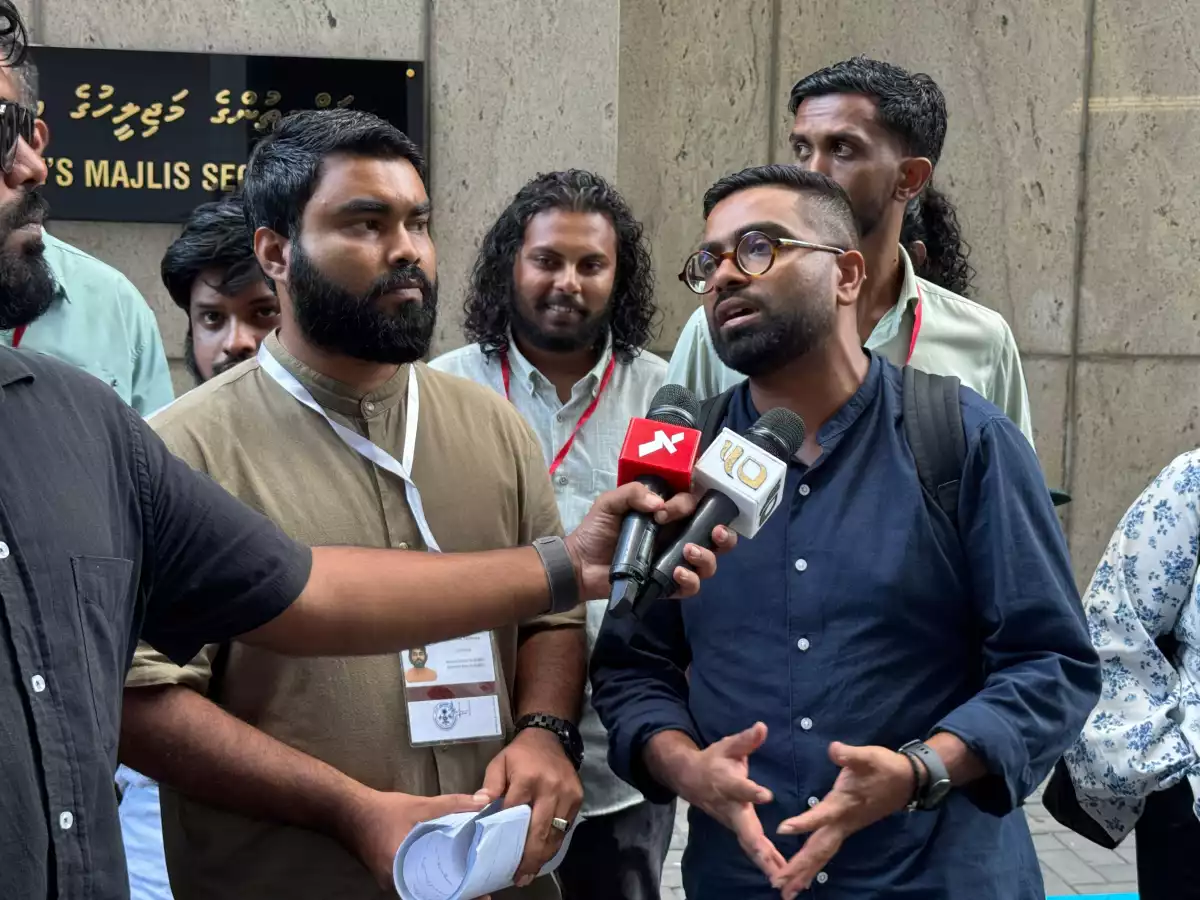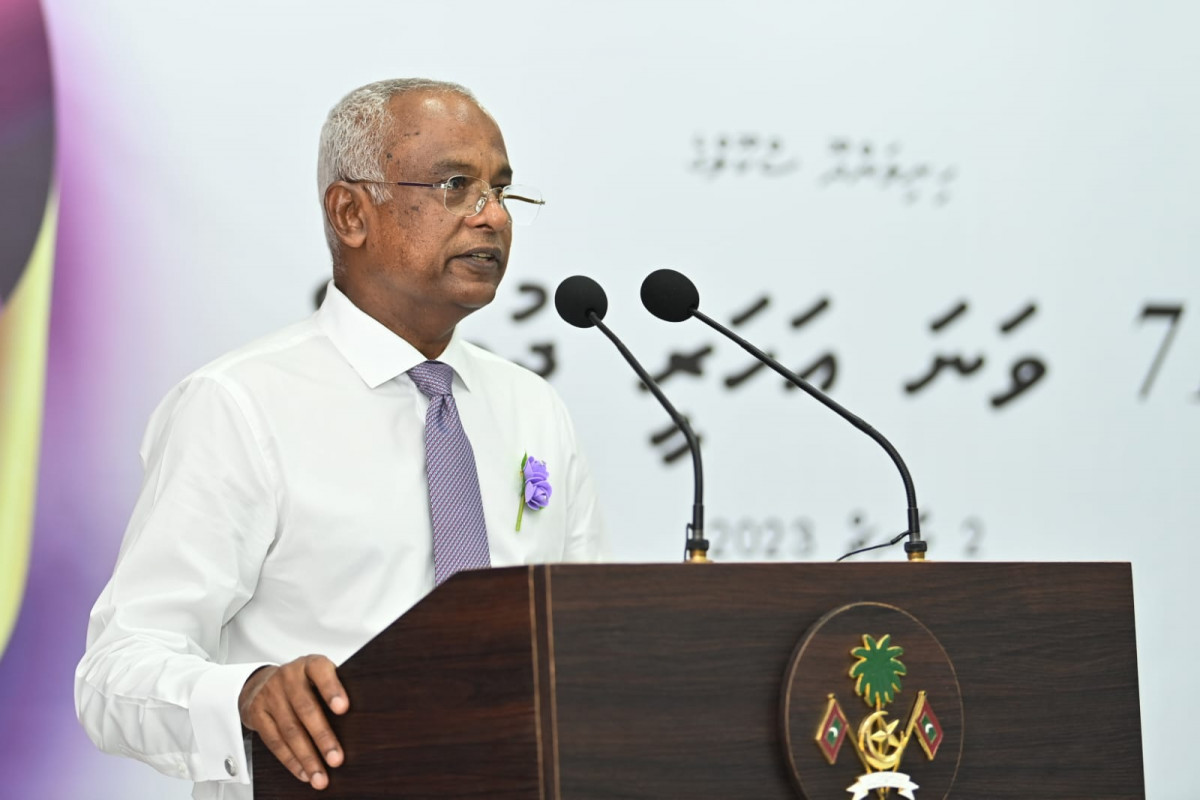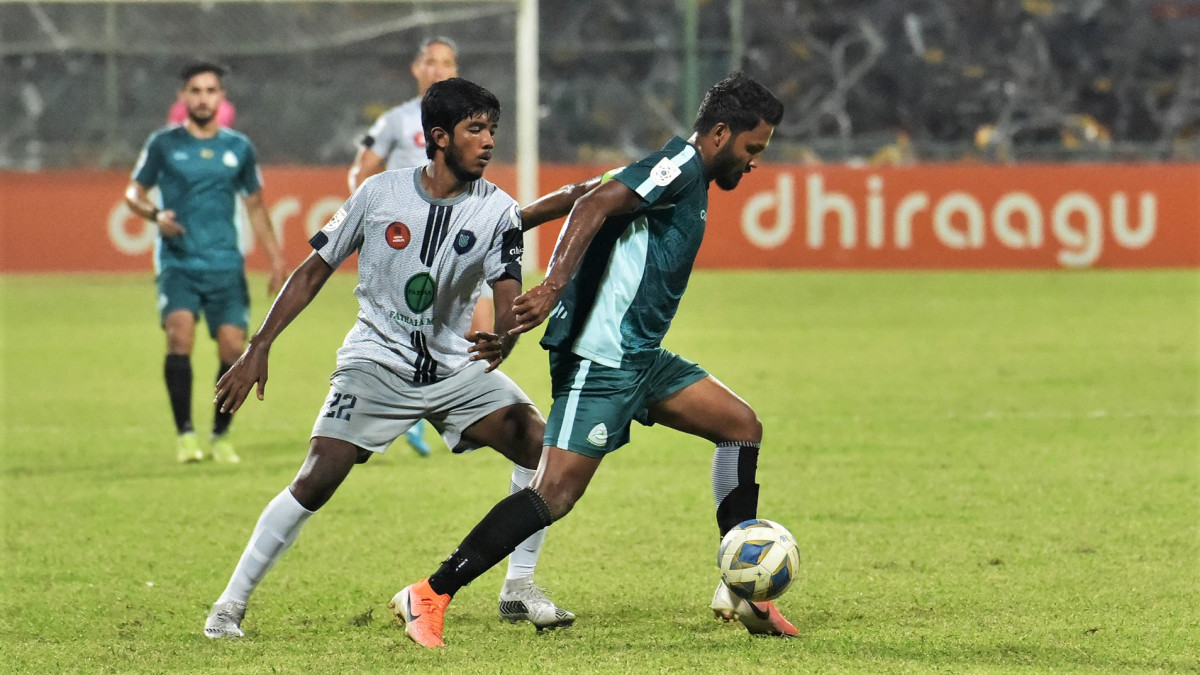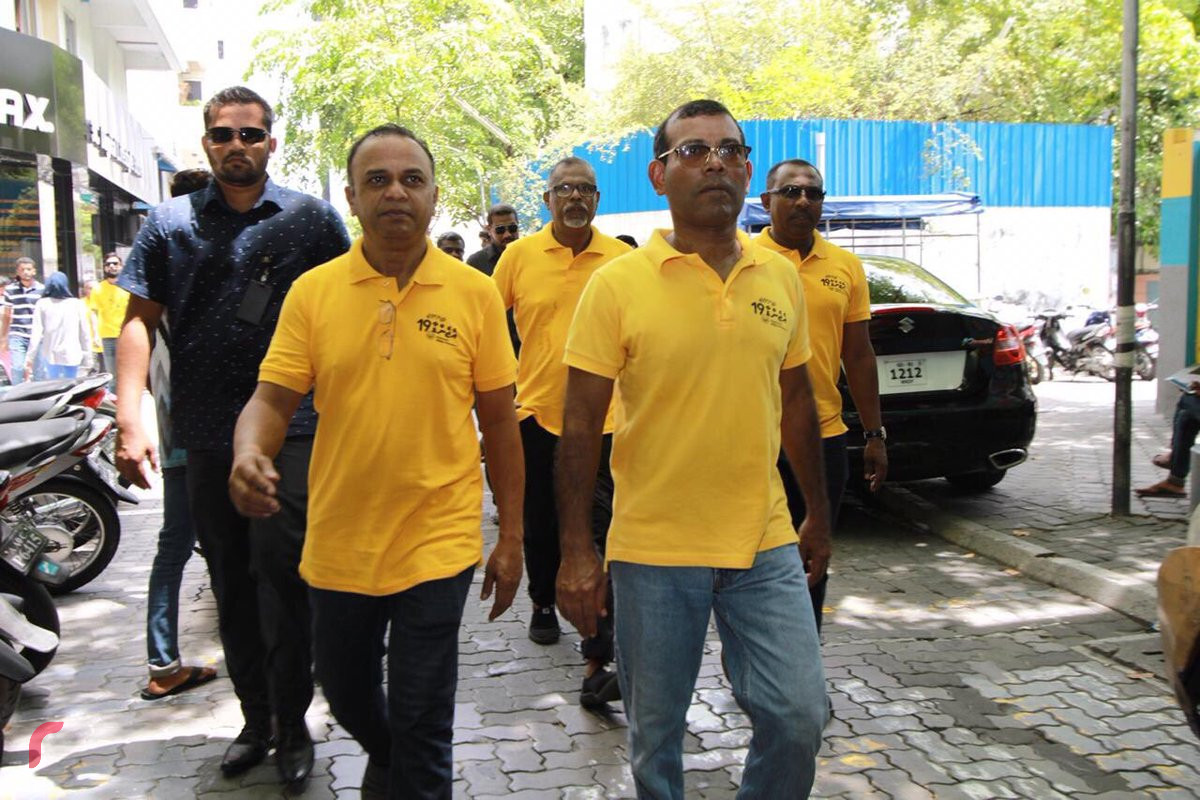IFJ condemns “vile campaign” targeting journalists opposing media control bill
IFJ condemns campaign to discredit journalists protesting the media control bill


Journalists expressing concern outside the parliament, as work on passing the "Media Control Bill" at committee stage is underway with government support - 15.09.2025
The International Federation of Journalists (IFJ) has strongly condemned what it describes as a “vile campaign” aimed at discrediting and defaming journalists who are protesting against the government’s proposed media control bill in the Maldives.
Taking to social media platform ‘X’ on Monday, IFJ expressed deep concern over the online harassment and smear campaigns being waged against members of the Maldives Journalists Association (MJA) across social media platforms.
The organization said these attacks appear to be a direct response to the strong opposition and protests led by the MJA against the controversial bill.
IFJ noted that these vile tactics are an attempt to intimidate journalists and halt the work being done for press freedom in the Maldives.
The IFJ reaffirmed its support for the MJA and called on the Maldivian government and the public to respect the vital role of journalists. The federation also condemned all forms of online harassment, emphasizing that such behavior poses a serious threat to press freedom and the safety of media professionals.
Representing more than 600,000 journalists across 146 countries, the IFJ is the world’s largest organization dedicated to defending journalists’ rights and promoting freedom of expression.
This comes at a time growing suspicion has been enveloping the online campaign targeting journalists, with many alleging that it is being orchestrated under direct or indirect influence from the government. The personal nature of the attacks, including defamation and coordinated deception, has intensified concerns about efforts to silence critical voices in the lead-up to the bill's passage.
The proposed media control bill has faced significant backlash from media associations, civil society, and opposition political parties, who view it as a direct threat to independent journalism and freedom of the press in the Maldives.
Source: IFJ






